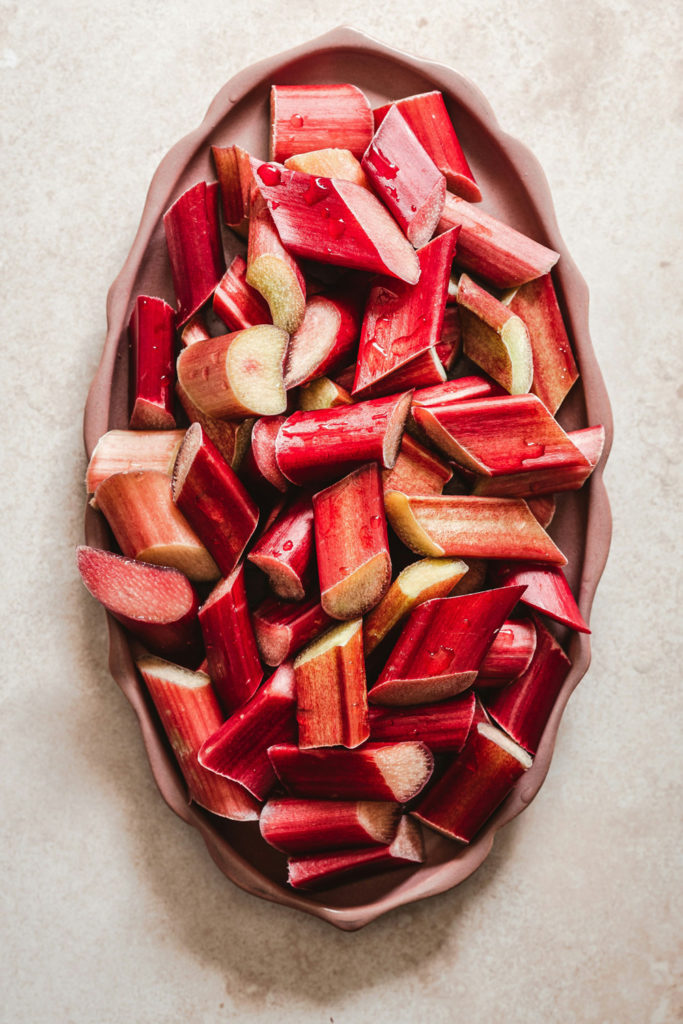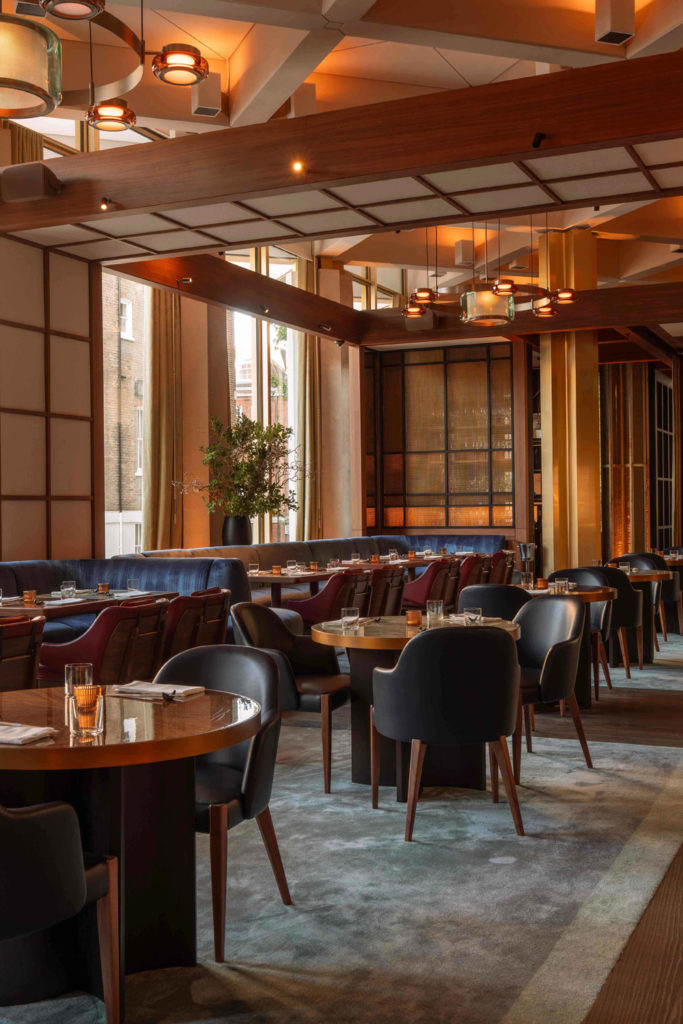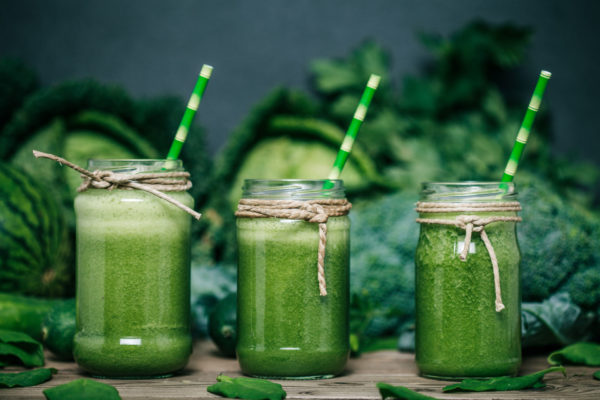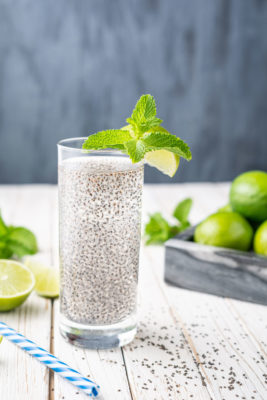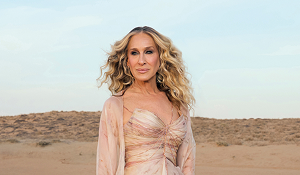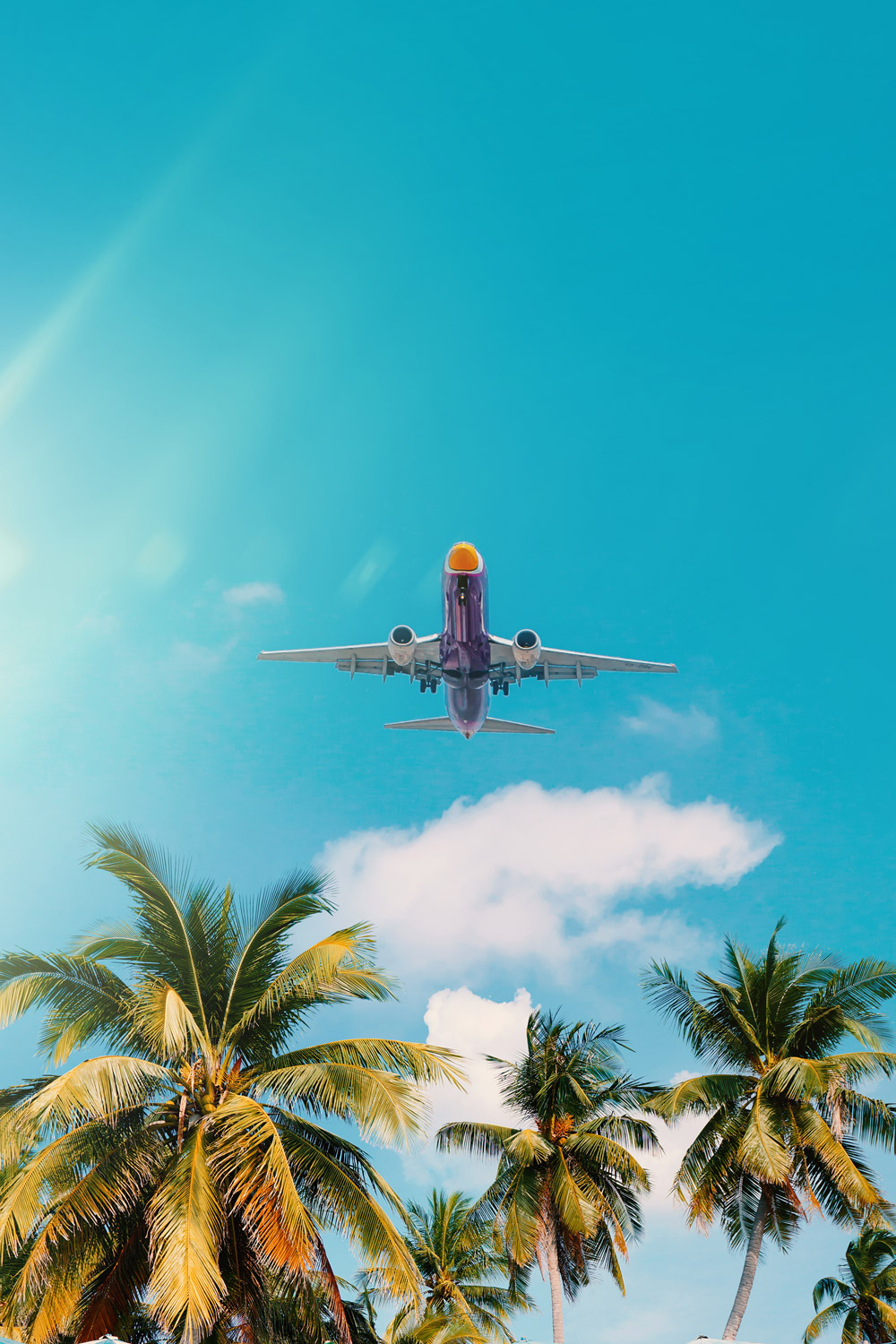
These Are The Worst Foods You Can Eat On A Plane, According To A Nutritionist
By
7 months ago
How to nail your in-flight nutrition
When you’re stuck on a plane for hours, it can be tempting to while away the time snacking on crisps and knocking back G&Ts. But the food and drink we consume on an aeroplane can significantly impact how we feel during and after the flight. So how to stay fuelled on board without arriving at our destination feeling bloated and lethargic? As summer holiday season gets into full swing, we asked nutritionist Kim Pearson which foods to avoid when flying – and what to eat instead.
Foods To Avoid When Flying: A Nutritionist’s Guide
Hopping on board a plane is always exciting, but this mode of transport isn’t easy on our bodies. The decreased air pressure in the cabin can cause the gas in our stomach and intestine to increase (hence why bloating is common), and the lack of moisture in the air can leave passengers dehydrated. Plus, flying often involves early mornings, disrupted sleep and changing time zones, disrupting our circadian rhythms. Certain foods will exacerbate these symptoms, so it’s worth being wary of your on-board culinary choices.
What Are The Worst Foods To Eat When Flying?
Kim recommends avoiding:
- ‘Processed foods – these can be irritating for the gut at the best of times, let alone with the added challenges the body faces when flying. Instead, choose nutrient dense, whole foods that provide antioxidants – these nutrients can help counteract free radical damage that we are exposed to when flying.
- Fizzy drinks – altitude can lead to uncomfortable bloating and trapped wind. Fizzy drinks are likely to make it worse.
- Rich, creamy sauces, deep fried foods and other processed, high fat foods – if you find high fat meals hard to digest at the best of times, you’re likely to struggle even more when flying.’
It’s worth thinking about how you’re eating too, adds Kim. To reduce bloating, avoid eating quickly or on the go, as this can cause us to gulp down air. And when you can, take a stroll down the aisle to improve digestion and circulation.

Unsplash
Does Alcohol Affect Us Differently On A Plane?
After all the faff, waiting and queuing that comes with getting a flight, it’s tempting to settle into the journey with a drink or two. And if you’re a nervous flyer, you may well be looking for something to take the edge off or even help you sleep. However, a study published last year highlighted the risks that come with drinking alcohol on planes – particularly when it comes to long haul flights.
Researchers from the Institute of Aerospace Medicine in Cologne tracked a group of healthy adults between the ages of 18 and 40. Half were analysed in a sleep lab with normal air pressure, while the other half slept in bunk beds in an altitude chamber, designed to mimic the air pressure on board a plane.
They found the combination of alcohol and air pressure led to a reduction in blood oxygen levels, as well as a raised heart rate. ‘Quantities of alcohol than those analysed in the study could intensify these effects, especially in older passengers and travellers with pre-existing medical conditions,’ concluded lead researcher Eva-Maria Elmenhorst. Plus, while it might help you fall asleep faster, alcohol deteriorates your sleep quality – and the impact is even stronger when you’re on a flight.
Alcohol can also affect you differently on a plane, adds Kim. ‘The cabin pressure can reduce your blood oxygen saturation. Combine that with dry cabin air and potential dehydration, and alcohol is likely to affect you faster and more significantly. You may feel lightheaded, more tipsy, and more dehydrated – all from the same amount you’d normally handle well on the ground.’
So rather than getting stuck into the in-flight cocktail menu, it’s worth upping your water intake (sorry). ‘The air inside the cabin is extremely dry, humidity levels can drop to around 10 – 20 percent compared to 30 – 60 percent at sea level,’ explains Kim. ‘This causes your body to lose moisture faster through breathing and your skin. Aim for at least 250ml (a glass) of water every hour you’re in the air. A reusable bottle you can refill post-security is ideal.’
Which Foods Should We Eat On A Flight?
‘Think light, hydrating, and easy to digest,’ suggests Kim. She recommends:
- ‘Fresh fruit and veg sticks like cucumber, carrots, apple, berries – all hydrating and easy on the gut
- Hard-boiled eggs or high quality protein bars
- Herbal teas – I like Mao Feng green tea, but try peppermint or ginger if you’re prone to nausea and bloating’
As A Nutritionist, What Do You Bring On Flights?
‘I normally grab a few bits at Pret,’ says Kim. ‘A salad, such as the crayfish and avocado salad for a light dinner, a couple of pots of boiled eggs and a pot of fresh fruit for breakfast, plus some dark chocolate almonds for a treat.’ Also in her bag: ‘Tea Pigs Mao Feng tea bags (I ask the flight attendants for hot water), electrolytes (I like Love Life Supplements raspberry), and a reusable water bottle.’
Kim Pearson is a British nutritionist, clinical director, and wellness editor



